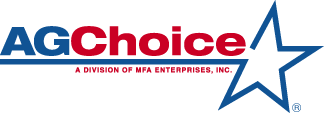| |
Iran, Israel Ceasefire Status 07/01 07:02
Israel warned its public to take shelter after detecting missile launches
from Iran early Tuesday.
(AP) -- Israel warned its public to take shelter after detecting missile
launches from Iran early Tuesday. The launches came after 4 a.m. local time in
Tehran, the time Iranian Foreign Minister Abbas Araghchi said Iran would stop
its attacks if Israel ended their airstrikes.
U.S. President Donald Trump said on social media Monday that Israel and Iran
have agreed to a "complete and total ceasefire" to be phased in over 24 hours.
It is unclear yet how the latest developments will impact possible ceasefire
agreements.
Israel's Magen David Adom rescue services said at least three people were
killed and eight injured in the early morning barrage. A residential building
in Israel's south sustained heavy damage, emergency responders said.
Waves of missiles sent Israelis across the country to bomb shelters for
almost two hours Tuesday morning.
Israel warns of third Iranian missile barrage
Israel had again signaled people could leave their shelters, suggesting the
second Iranian barrage of missiles had finished, before warning of a third
barrage early Tuesday morning.
At least 1 missile interception seen over Jerusalem
In the first Iranian barrage, at least one missile interception could be
seen in the sky over Jerusalem.
Israel says another barrage from Iran is on its way
The public was urged to return to shelters.
|
|






